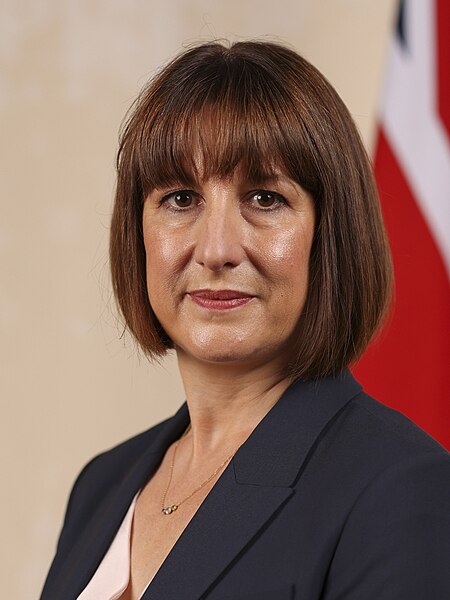
British finance minister Rachel Reeves delivered her initial budget statement to parliament on Wednesday, revealing significant tax increases—the largest since 1993—and adjustments to fiscal
rules to allow for increased borrowing dedicated to investment.
Major Highlights:
New Fiscal Rules
Reeves committed to closing the current budget deficit (the gap between revenue and daily government spending) by the 2029/30 tax year. Starting then, the government will target a balanced current budget by the third year in each budget cycle.
A new investment rule was introduced, allowing more infrastructure spending while aiming to reduce debt as a proportion of the economy. The Office for Budget Responsibility (OBR) estimates this rule change will generate £15.7 billion in fiscal leeway by 2029-30.
Business Taxation
Effective from April, businesses’ social security contributions will increase by 1.2 percentage points to 15%, a measure that may impact wages and hiring.
The threshold at which businesses begin paying social contributions on workers’ salaries will drop from £9,100 to £5,000 annually.
These combined changes are projected to generate £25 billion annually by the decade’s end.
Taxes on Wealthier Individuals
Reeves extended the freeze on inheritance tax thresholds through 2030. Inherited pensions will be included in inheritance tax from 2027, with company and farm relief capped at £1 million.
She closed tax exemptions that previously enabled wealthy, often foreign residents, to avoid tax on overseas income, a measure expected to raise £12.7 billion over five years.
Capital gains tax will rise on most assets, increasing from 10% to 18% at the lower rate and from 20% to 24% for higher earners, expected to add £2.5 billion annually by 2030.
Economic Growth Forecast
The OBR anticipates the economy will grow by 2.0% in 2025, slightly above the 1.9% forecasted in March.
Growth projections stand at 1.8% for 2026, and 1.5% for both 2027 and 2028, revised from prior forecasts of 2.0%, 1.8%, and 1.7%.
Personal Tax Adjustments
Reeves confirmed that the freeze on personal income tax allowances would end by 2028-2029. Starting in 2028-29, personal tax thresholds will rise in line with inflation.
Government Spending
The budget increases day-to-day spending on the NHS by £22.6 billion and its capital budget by £3.1 billion over this financial year and 2025/26.
Reeves committed £100 billion to capital spending over five years, made possible by the new fiscal rules.
£6.7 billion was allocated to education in 2025, including £1.4 billion for rebuilding over 500 schools across the country.
A £2.9 billion boost was pledged for Britain’s armed forces in 2025/26, with an additional commitment of £3 billion annually for aid to Ukraine.
Reeves reaffirmed funding for the HS2 high-speed rail line to extend into central London.
Oil and Gas Sector
The windfall tax on North Sea oil and gas producers will increase from 35% to 38% starting Nov. 1, and the levy is extended to March 2030.
The investment allowance of 29%, which permitted businesses to offset tax for capital reinvested, was eliminated.
Fuel Tax
A temporary five-pence reduction in fuel duty will continue for another year in response to high global costs and inflation.
Housing and Stamp Duty
Effective Thursday, the stamp duty on second homes will increase by two percentage points, rising to 5%.
Reeves opted not to extend the home-buyer discount, which is set to expire in March. Photo by Lauren Hurley / No 10 Downing Street, Wikimedia commons.


































